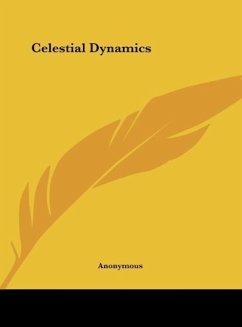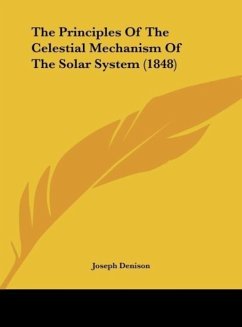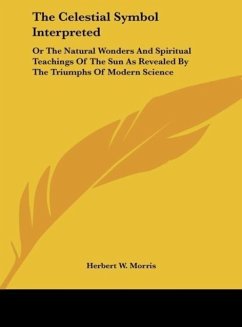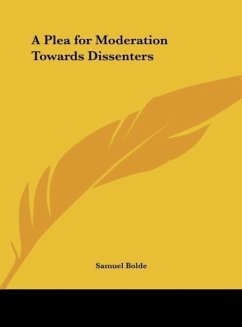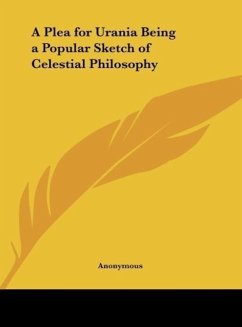
A Plea for Urania Being a Popular Sketch of Celestial Philosophy
Versandkostenfrei!
Versandfertig in 1-2 Wochen
39,99 €
inkl. MwSt.

PAYBACK Punkte
20 °P sammeln!
1854. The object in view in this book is to attract the attention of reflective minds to the unadulterated ingots of truth which, out of a fair proportion of rubbish, may be discovered in the principles of this once honored science. No great amount of research, nor of scientific talent, is demanded for such a performance. Partial Contents: historical sketch of astrology; modern astrology; children; on directions primary and secondary; climacterical years; horary astrology; mundane astrology; medical astrology; religious objections; education and crime.



